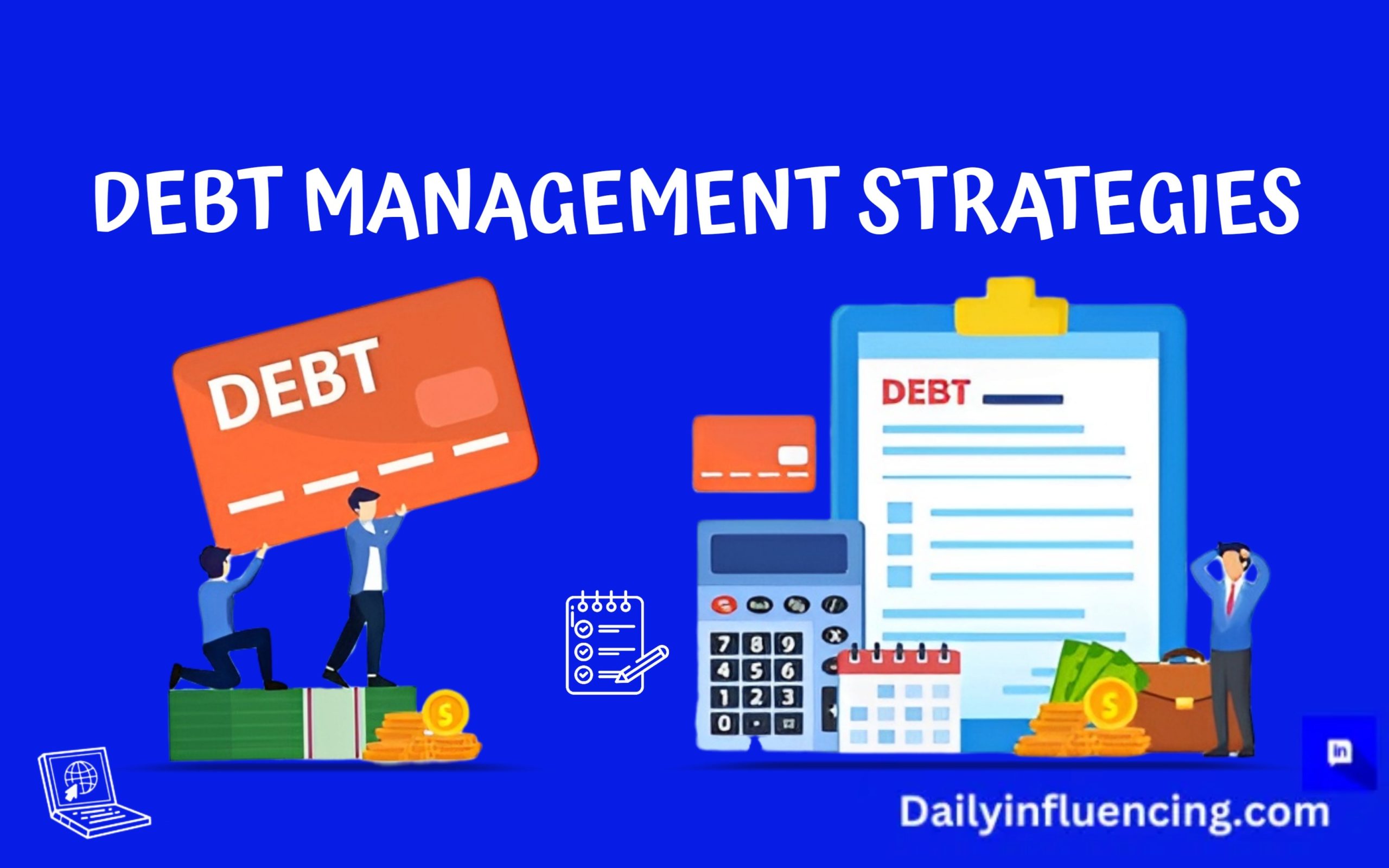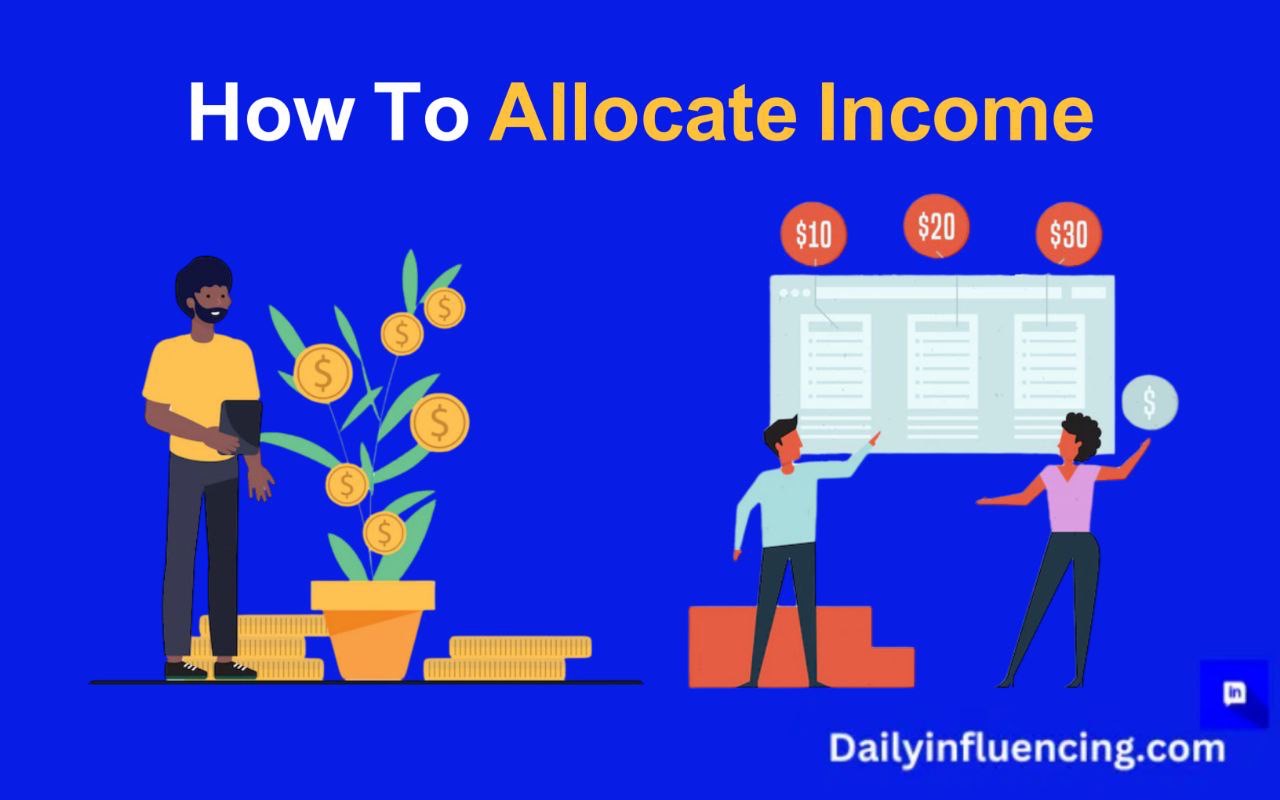
Debt can be a lifeline for either funding a business idea, expanding operations or buying high-quality equipment. However, without proper debt management, this can become a burden- one that can hinder progress and strain financial stability.
Effective debt management is not about avoiding debt but learning how to use it wisely to grow your business and also being able to repay as and at when due. In this guide, we’ll explore proven strategies to help small business owners manage their debt effectively.
Strategies To Manage Debt Effectively
Understand the type of debt you have
The first step in managing your debt effectively is understanding the type of debt you’re dealing with. From short-term loans, lines of credit and long-term loans. These debts come with different repayment plans and interest rates.
Asses your debt situation and prioritize repayment in a way that will not affect your business operations. Additionally, be aware of your total debt amount and how much revenue comes into your business every month. Before collecting any debt, know the interest rates, penalties for late payments and payment schedules associated with it.
Create a financial plan/strategy
Before taking on any debt, carefully asses and evaluate why you need one. Additionally, assess your business momentum and expected revenue. This will help you avoid taking on too much debt and also ensure you have enough money to make payments when due.
Manage your cash flow.
You can’t repay debts if you have a negative cash flow.. Create a cash flow forecast and implement strategies to help you maintain a healthy cash flow. Furthermore, review your business expenses and cut costs where possible. Create a cash reserve to help you handle unexpected or additional expenses without needing to borrow.
Choose a debt repayment method.
When managing multiple debts, prioritization is necessary. All debts are not equal, and neither are their repayment plans. There are certain debts with high interest rates that, when deadlines are missed continuously, can affect your business operations.
Tackling debts with high interest rates first can help you reduce the amount you pay on interest. This can free up space and cash for other expenses.
Debt prioritization can also be handled through the debt avalanche or snowball method.
The debt avalanche method: This method focuses on paying off high-interest debt first. This can help you save money on interest.
The debt snowball method: This method focuses on paying off debts starting from the smallest ones. This method is more psychological than practical, but it helps a business owner build momentum and reduce any overwhelming feelings.
Consolidate or refinance debts when necessary.
This is a debt repayment strategy used by business owners who are struggling to meet up with repayment terms.
Debt refinancing is the process of replacing an old loan with a new one that has better repayment terms. This strategy makes debt repayment more manageable. It can also give you more room to pay back.
Debt consolidation is the process of combining multiple debts into a single loan to help simplify payments. For instance, taking out a loan to pay back other multiple loans.
Renegotiate payment terms
Approach your lenders or creditors with a transparent explanation of your situation. Lenders are prone to help you if you’re being honest. Present your business challenges and clearly state the renegotiating terms you’re seeking.
Renegotiating payment terms can help you ease cash flow pressure and even give you breathing space to regain financial stability.
Implement a zero-based budget.
This is a budgeting method where every dollar is assigned to a specific expense or savings, leaving no dollar unallocated.
This helps to prevent unnecessary expenses. With zero-based budgeting, you can treat debt as a priority and assign a specific amount to repaying it. You can also allocate extra funds for your debt repayment.
Prioritize debt repayments
Have you heard of the term emotional spending? It’s spending extra cash on non-essential things. Prioritizing your debt helps you tackle it as the most important thing before any other expenses.
This can also help you make tangible progress towards clearing off your debt. In essence, don’t treat your debt as a secondary expense. Treat it as the most important expense to make in your budget.
Set up automatic repayments.
This debt repayment strategy works best for businesses juggling multiple debts at the same time. By automating debt payments, you avoid late fees and additional interest charges that can make your debt more expensive.
Moreover, if you’re using a line of credit, on-time payments help to improve your credit score and also reduce the stress that comes with manual transfers.
Diversify your sources of income.
With multiple streams of income, you have more money to put into your debt repayment, making it possible to pay it off faster. More than making it easier to pay off debt without feeling any financial strain, extra sources of income help to avoid taking on more debt.
Also, you can introduce new products or services that can attract new customers, create a more healthy and consistent cash flow and give you more flexibility in managing and paying off debt.
Regularly review and adjust your strategy
Regularly monitor your debt situation. Adjust your repayment strategy according to your financial situation. Review your budget, cut down on unnecessary expenses and stay on track with repaying off debts.
Seek professional advice
Sometimes, one of the best ways to manage debt is to seek professional help. Hire a financial advisor or a consultant to help you develop a debt repayment plan and also offer insights and ideas in areas you haven’t considered.
Conclusion- Manage debt effectively
Taking on debt is not a problem- the inability to manage it is. These proven strategies above will stand as a guide to help you utilize loans properly.
By understanding your debt, creating a plan, choosing a repayment method and reviewing your strategy, you can reduce the stress and burden that comes with debt repayment. Remember, debt is not a financial pitfall. It can serve as a tool to fuel business growth when managed effectively.




